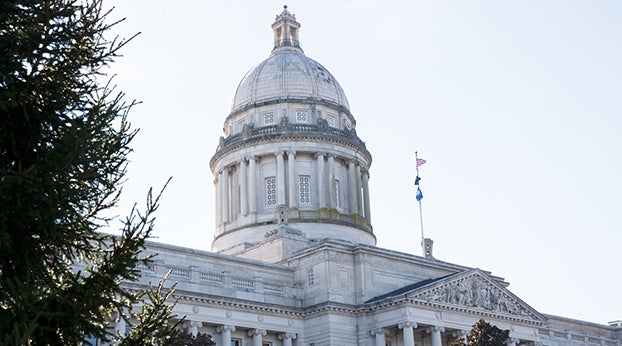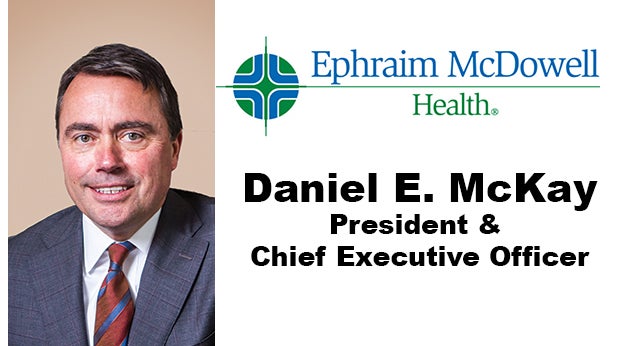Tell Congress to give good journalism ‘safe harbor’
Published 4:37 pm Monday, October 7, 2019
EDITORIAL
The Advocate-Messenger
Good, solid reporting has always been a loss leader. It’s a product that doesn’t make money, but enables other related ventures to be profitable because it creates an audience.
Covering a city government meeting or telling the story of a local charity doesn’t make a newspaper any money; in fact, it costs money. But the attention those stories attract enables a related venture — advertising — to make a profit. That profit can then be used to fund more good, solid reporting.
Advertising doesn’t necessarily have to be the related venture that funds good journalism. But it has historically been the main way that good journalism is funded.
Advertising today remains as profitable if not more so than it ever was. That ought to mean more good journalism, not less. But the rise of two global advertising giants — Google and Facebook — has upended the flow of advertising dollars in a way never before seen in the history of journalism.
Google alone made an estimated $4.7 billion in revenue from advertising on news content its users consumed in 2018. But Google didn’t actually report any of that news. It just sold advertising on other people’s news.
In past decades, a significant chunk of that $4.7 billion would have been funneled back into the newsrooms that generated the content, allowing reporters, editors and copy-editors and designers to continue digging and reporting. That’s not the case in today’s world.
By sucking so much advertising money out of the nation’s newsrooms, Google and Facebook have not just limited how much good reporting every American has access to, they have decimated without warning the old structures and supports that helped ensure Americans could trust the news they read.
With less financial stability, newspapers are more likely to be bought by hedge funds interested only in profits — or worse, by politically interested groups or individuals who see a chance to skew public opinion through the power of the press.
With fewer reporters, newspapers must necessarily report less. That leaves space in the content market for propaganda and agenda-driven content.
With fewer resources available, many newspaper companies are choosing to make their products smaller, leading to a vicious cycle where cuts cause drops in remaining advertisers and readers, which in turn cause more cuts.
All of this is why newspaper editors and publishers across America are calling on Congress to pass “safe harbor” legislation, which would give newspapers a four-year window in which they could collectively negotiate with Facebook and Google to reclaim at least some of the profits the tech companies are currently poaching.
There are bi-partisan bills in the House and Senate right now that would accomplish exactly that. The Journalism Competition and Preservation Act of 2019 has been introduced by Democratic Sen. Amy Klobuchar and Republican Sen. John Kennedy. The House version has been introduced by Republican Rep. Doug Collins and Democratic Rep. David Cicilline.
“We want it to be bipartisan,” News Media Alliance VP Danielle Coffey said in a recent report from the UK School of Journalism and Media.
Coffey noted the two representatives who introduced the legislation in the House may “spar on impeachment, but not on this.”
If you want more high-quality reporting; if you want trustworthy news sources to reclaim media space from propagandists; if you want local communities to have more say about their newspapers than out-of-state corporations, then you should support the push for a safe-harbor law for journalism.
Tell your senators and representative you want newspapers to have safe harbor to negotiate with Facebook and Google.
Sen. Rand Paul: paul.senate.gov; 270-782-8303
Sen. Mitch McConnell: mcconnell.senate.gov; (859) 224-8286
Rep. Brett Guthrie: guthrie.house.gov; (270) 842-9896






